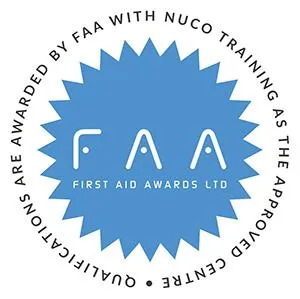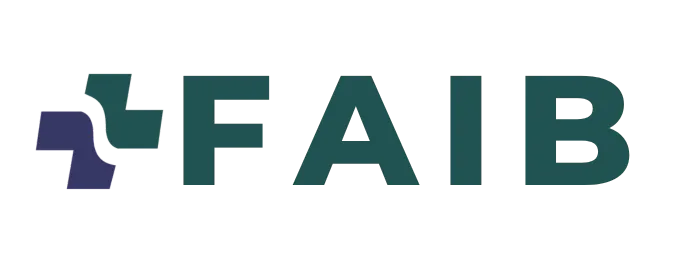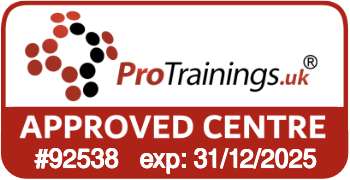Course Description
The Emergency Paediatric First Aid Course is a 1 day in person course that soly focuses on emergency situations that children and infants may face.
Who Should Attend
As part of the current requirements by Ofsted, The EPFA course is designed to supplement the provision of having Paediatric First Aiders on site. The requirement by law states that at least 1 person MUST hold a full Paediatric FA certificate and other staff can hold an Emergency PFA Certificate.
If you are soly responsible for looking after a child / infant on your own, the full course must be attended.
Minimum Age
The qualification is available to learners who are aged 16 and over.
Course Validity
The qualification is valid for 3 years from date of issue. It is strongly recommended that the learner attends annual refresher training.
Course Learner Ratio
Maximum number of students per course - 12
Course Delivery
We offer flexible ways to complete your first aid training, designed to suit how you like to learn:
Classroom
Complete your full course face-to-face with one of our experienced trainers. Ideal if you prefer hands-on, practical learning in a group setting.
Blended Learning
Start with 1 day of self-guided e-learning at your own pace. Then join us for 1 day in the classroom to focus on practical skills and assessments.
Webinar
Join a tutor-led live webinar for 1 day of interactive online learning from home. Followed by 1 day in the classroom to complete your practical training and assessments.
Each option meets the same high standards and provides you with a fully accredited certificate.
Course Content
1. Role and Responsibilities of a First Aider:
- Understanding the role and responsibilities of a first aider
- Legal requirements and regulations (including Health and Safety (First Aid) Regulations 1981)
2. Assessing the Situation:
- Conducting primary and secondary surveys
- Assessing the scene for safety
3. Cardiopulmonary Resuscitation (CPR) and Automated External Defibrillator (AED):
- Performing CPR on children, and infants
- Safe and effective use of an AED
4. Managing Unconscious Casualties:
- Placing a casualty in the recovery position
- Handling seizures and managing unresponsive casualties
5. Respiratory Issues:
- Dealing with choking (for children, and infants)
6. Wounds and Bleeding:
- Controlling severe bleeding
- Managing minor wounds and bleeding
7. Shock Management:
- Recognising and treating different types of shock (hypovolemic, anaphylactic, etc.)
8. Medical Conditions:
- Dealing with seizures, including epilepsy
- Responding to anaphylactic shock and severe allergic reactions
9. Practical Scenarios and Simulations:
- Engaging in practical exercises to apply learned skills
- Participating in scenario-based training to simulate real-life situations
These topics ensure that participants are well-equipped to handle a broad spectrum of medical emergencies for children and infants
See our Full Course List
Explore our full range of accredited and non-accredited training courses, including First Aid, Safeguarding, Mental Health, Fire Safety, and more. Whether you're booking for your team or for yourself, we've got you covered.

FOLLOW US ON OUR SOCIALS
Copyright Empower Training 2025 . All Rights Reserved.
Registered in England and Wales (15776270) at Trent House, 234 Victoria Road, Stoke-on-Trent, Staffordshire, ST4 5PW
VAT Registered (GB 474733957) | ICO Registered (ZB710598)



